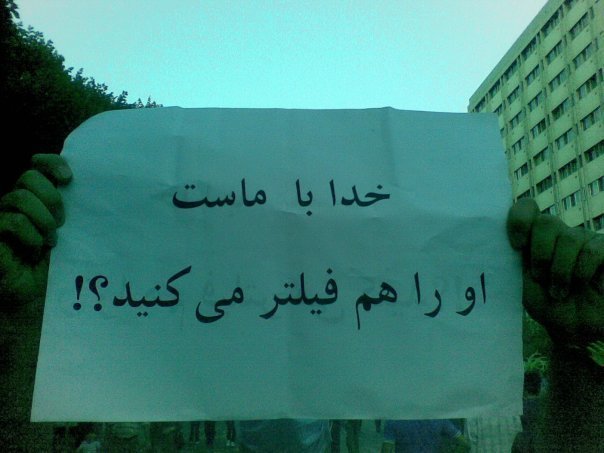In a report conducted by Iran's Ministry of Youth and Sports, the Iranian government announced that of 23.5 million youth using the Internet, 69.3 percent of them are using circumvention technology such as proxies and VPNs — virtual private networks that provide access to the “global Internet”.
At the moment, Iranians often encounter a firewall when trying to access websites that appear antagonistic towards the government or the nation’s Islamic ideals. The report did not make mention of the legality of circumvention tools. But according to Iran’s list of Computer Crimes, the distribution of both circumvention technology and instructions to use such tools are both illegal. Violating these laws can result in severe punishment.
Iran's Internet policy remains an often incoherent and fractious issue. Last week President Hassan Rouhani stated that filters could never be effective in a nation like Iran; however a few days later the Ministry of Culture and Islamic Guidance started blocking news websites without proper press licensing. Similarly, while Rouhani and key members of his cabinet are some of the most recognized Twitter and Facebook users in the country, both social networks remain blocked for regular Iranian Internet users.
While some have argued that Rouhani’s Internet policy is one of the rare areas where rhetoric and action coincide, pointing to recent improvements in mobile and fixed line Internet infrastructure, reports like this one perpetuate a feeling of overall uncertainty among many users and open Internet advocates in the country.





1 comment